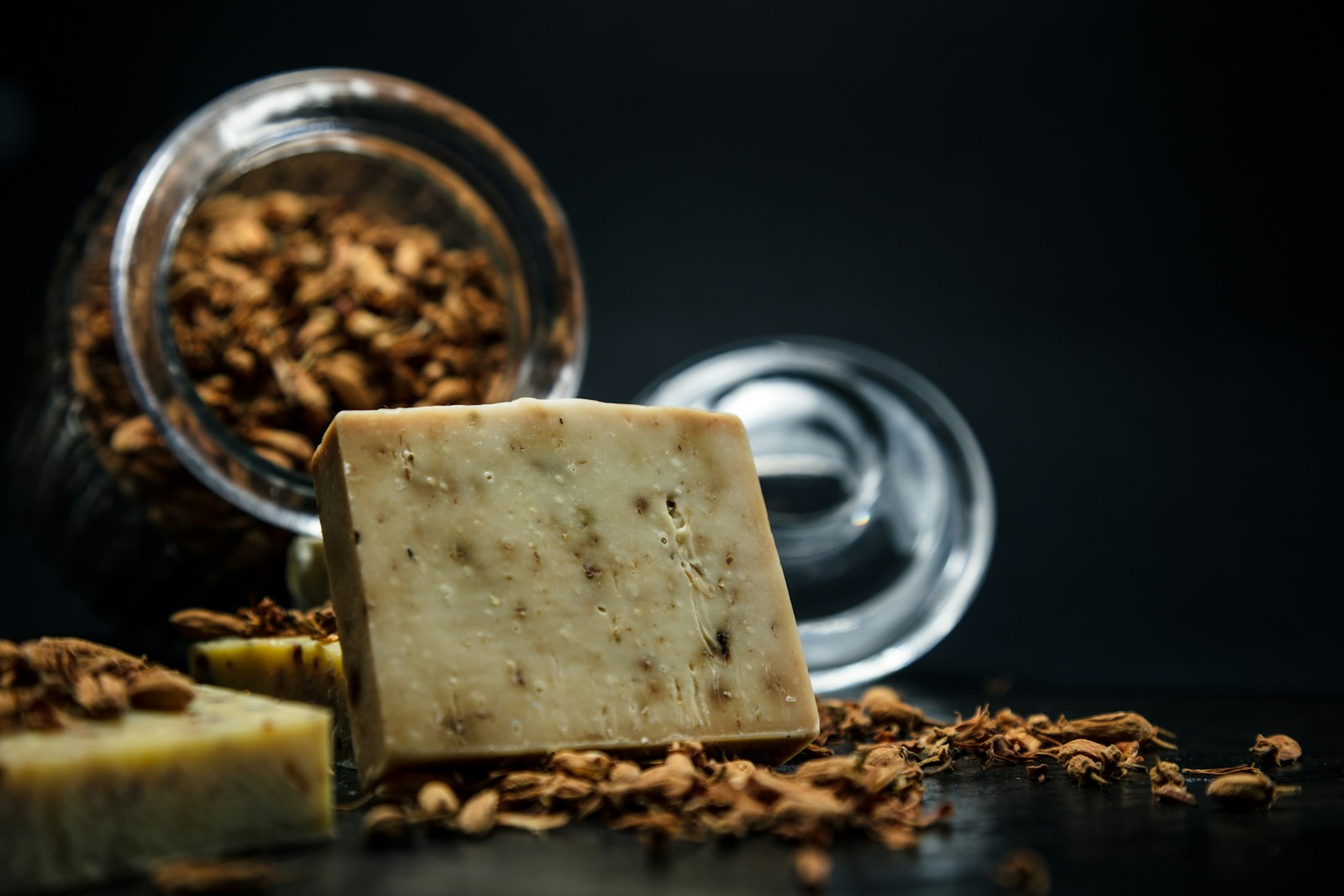Making your own custom soap can be a rewarding and enjoyable hobby. Not only does it allow you to create unique and personalized products, but it also gives you the opportunity to control the ingredients that go into your soap. If you’re new to soap making or looking to improve your skills, there are some best-kept secrets that can help you create the perfect batch of custom soap.
One of the most important aspects of soap making is choosing the right ingredients. When making soap, it’s essential to use high-quality oils and lye. Olive oil, coconut oil, and shea butter are popular choices for soap making due to their moisturizing properties. Additionally, using essential oils or fragrance oils can add a pleasant scent to your soap. When selecting ingredients, be sure to research their properties and how they will affect the final product.
Another secret to successful soap making is proper measurement and temperature control. Accurately measuring your ingredients is crucial to ensure that your soap turns out as intended. Invest in a digital scale to weigh your oils, lye, and water accurately. Additionally, pay attention to the temperature when mixing your ingredients. Lye should be mixed with water at a specific temperature, usually around 100-110 degrees Fahrenheit, to ensure it dissolves properly and doesn’t cause any issues during the saponification process.
Incorporating additives into your custom soap can take your creations to the next level. Common additives include clays, herbs, and exfoliants like oatmeal or coffee grounds. These additives can provide additional benefits to your soap, such as gentle exfoliation or soothing properties. Be sure to research the additives you plan to use and how they will affect the final product. Experimenting with different additives can help you create unique and luxurious soaps that stand out.
When it comes to scenting your custom soap, the possibilities are endless. Essential oils are a popular choice for adding fragrance to soap due to their natural properties and wide range of scents. Lavender, eucalyptus, and citrus oils are commonly used in soap making for their aromatherapy benefits. If you prefer a stronger scent, fragrance oils are another option to consider. Be mindful of the usage rates for essential oils and fragrance oils to avoid overpowering your soap.
Proper curing is essential to ensure that your custom soap is long-lasting and produces a rich lather. After pouring your soap into molds, allow it to cure for 4-6 weeks in a cool, dry place. During this time, the soap will harden and the saponification process will be completed, resulting in a gentle and effective bar of soap. Patience is key when it comes to soap making, so resist the urge to use your soap too soon.
In conclusion, soap making is a fun and creative hobby that allows you to customize your skincare products. By following these best-kept secrets for making custom soap, you can create high-quality soaps that suit your preferences and needs. Experiment with different ingredients, scents, and additives to craft unique and luxurious bars of soap that you can enjoy or gift to others. With practice and attention to detail, you’ll soon become a master soap maker.





